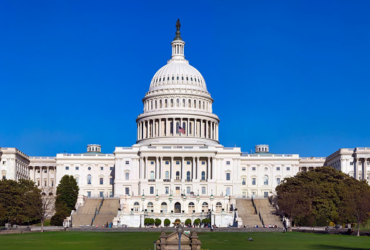What’s new: The latest data on consumer prices in the U.S. suggests inflation pressures are not easing as hoped, with the Personal Consumption Expenditures (PCE) price index for March indicating a rise higher than economists had anticipated. This development could complicate the Federal Reserve’s ongoing efforts to control inflation without triggering a recession.
By the numbers: The PCE price index, which the Federal Reserve considers its preferred measure of inflation, showed consumer prices rose by 0.3% in March, aligning with forecasts. However, the index’s year-over-year increase climbed to 2.8%, surpassing expectations of 2.6% and marking the highest level since November 2023. Core prices, which exclude volatile food and energy components, mirrored this trend, increasing by 0.3% over the month and maintaining a year-over-year rise of 2.8%, above the anticipated slowdown to 2.6%.
Why it matters: The persistence of inflation underscores the challenges the Federal Reserve faces as it attempts to temper price increases without severely impacting economic growth. The steady climb in core inflation, in particular, suggests underlying inflationary pressures that are less responsive to changes in monetary policy, potentially necessitating further interest rate hikes.
Spending and income data: Complementing the inflation data, personal spending surged by 0.8% in March, exceeding the 0.6% increase economists had forecasted and matching February’s growth rate. Personal income also rose by 0.5%, outpacing February’s 0.3% increase and marking the second largest gain in the past year. This combination of rising income and spending could further fuel inflationary pressures as demand continues to outstrip supply.
Bigger picture: This week’s PCE report aligns with other recent economic data, including the first quarter GDP report and earlier CPI figures, all pointing towards a stubborn persistence in inflation. High-profile economic commentators have taken note, with Bloomberg’s Lisa Abramowicz tweeting about the re-acceleration of inflation over the past three months and Jason Furman, former economic advisor to President Obama, highlighting the worrying trend in core PCE inflation rates.
The bottom line: As inflation proves stickier than anticipated, the Federal Reserve’s path forward appears increasingly complex. With consumer prices, personal income, and spending all exceeding expectations, policymakers might need to consider additional measures to ensure inflation returns to target levels without derailing economic recovery.





